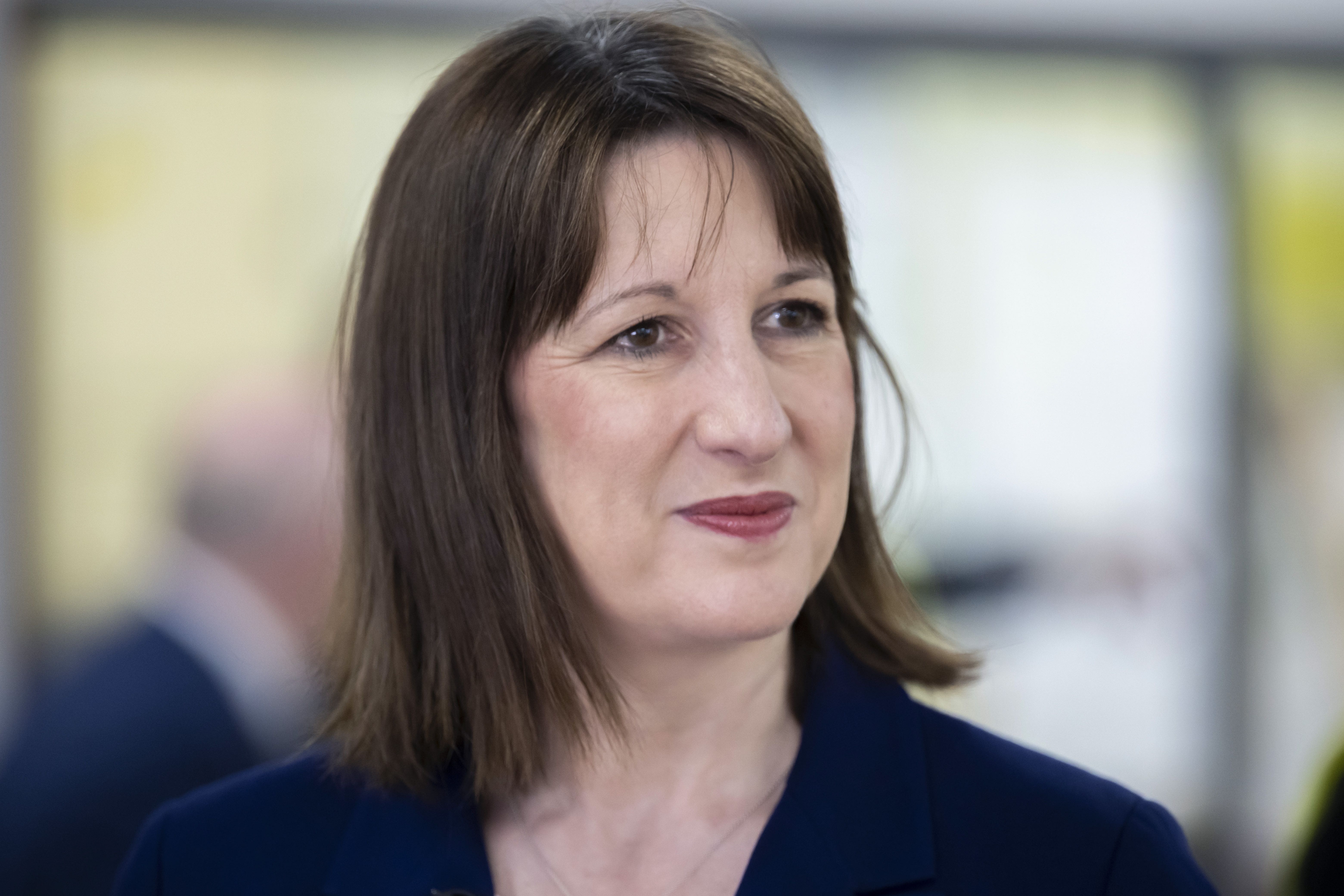UK inflation has eased more than expected, official figures show, in a boost to Rachel Reeves as she prepares to deliver her spring statement.
The rate of Consumer Prices Index inflation fell to 2.8 per cent in February from 3 per cent in January, the Office for National Statistics said.
The latest ONS figures come on the same day the chancellor is set to deliver her spring statement. She is expected to announce spending cuts across government departments.
The cost of living is still rising for households across the UK – and inflation remains above the Bank of England’s 2 per cent target – but at a much slower rate than in recent years.
Many economists had been forecasting that CPI inflation would come in at 2.9 per cent for February.
The ONS’s chief economist, Grant Fitzner, said: “Inflation eased in February. Clothing prices, particularly for women’s clothes, were the biggest driver for this month’s fall.
“This was only partially offset by small increases, for example, from alcoholic drinks.”
The positive news may be short-lived for the chancellor, with the Office for Budget Responsibility (OBR) widely expected to slash its forecast for economic growth, following similar recent revisions by the Bank of England and the Organisation for Economic Co-operation and Development (OECD).
Overall prices for clothing and footwear fell by 0.6 per cent in the 12 months to February, which the ONS said was the first drop since October 2021.
Prices typically rise between January and February, when Christmas sales end and new ranges are launched.
Women’s clothes, accessories like hats and scarves, and children’s clothing all helped bring down the inflation rate last month.
Housing inflation, including rents, also slowed in February, as did admission prices for live music.
On the other hand, alcohol and tobacco prices jumped higher, following a tax increase on bottled alcoholic drinks at the beginning of the month.

Treasury chief secretary Darren Jones said: “Our number one mission is kickstarting growth to raise living standards for working people, that is why we are protecting working people’s payslips from higher taxes.
“In a changing world, we’re focused on delivering economic stability to secure people’s finances – freezing fuel duty, protecting the triple lock and increasing the national living wage by £1,400 a year for full-time workers, while going further and faster to drive growth through our plan for change. ”
Shadow chancellor Mel Stride said: “Inflation remains higher than when Labour took office, and the Bank of England expect it to rise over the coming year.
“We left Labour with inflation bang on target. But since their no-strings-attached union payouts, record tax rises and borrowing splurge, they have pushed up the cost of living.
“The Chancellor’s choices have saddled the country with higher inflation for longer. Unless she takes urgent action at her emergency budget today, working families will continue to pay the price.”
The Trade Union Congress (TUC) said despite the ease in inflation, “the biggest challenge facing our economy is low growth”.
“After the worst slump in living standards in 200 years, households and businesses are still being hit by a sustained period of high interest rates – and it’s holding back growth,” TUC general secretary Paul Nowak said.
“Evidence from around the world shows that higher growth has been facilitated by higher consumer spending and achieved alongside low inflation.
“While all eyes will be on the chancellor today, the Bank of England also has a key role to play in reviving growth. That’s why the Bank should cut interest rates at the start of next month – and continue to throughout the year.
“Lower interest rates will help ease the pressure on households, businesses and government borrowing. They will mean more money in working people’s pockets to spend on our high streets, and more money for firms so that they feel confident to invest.”
